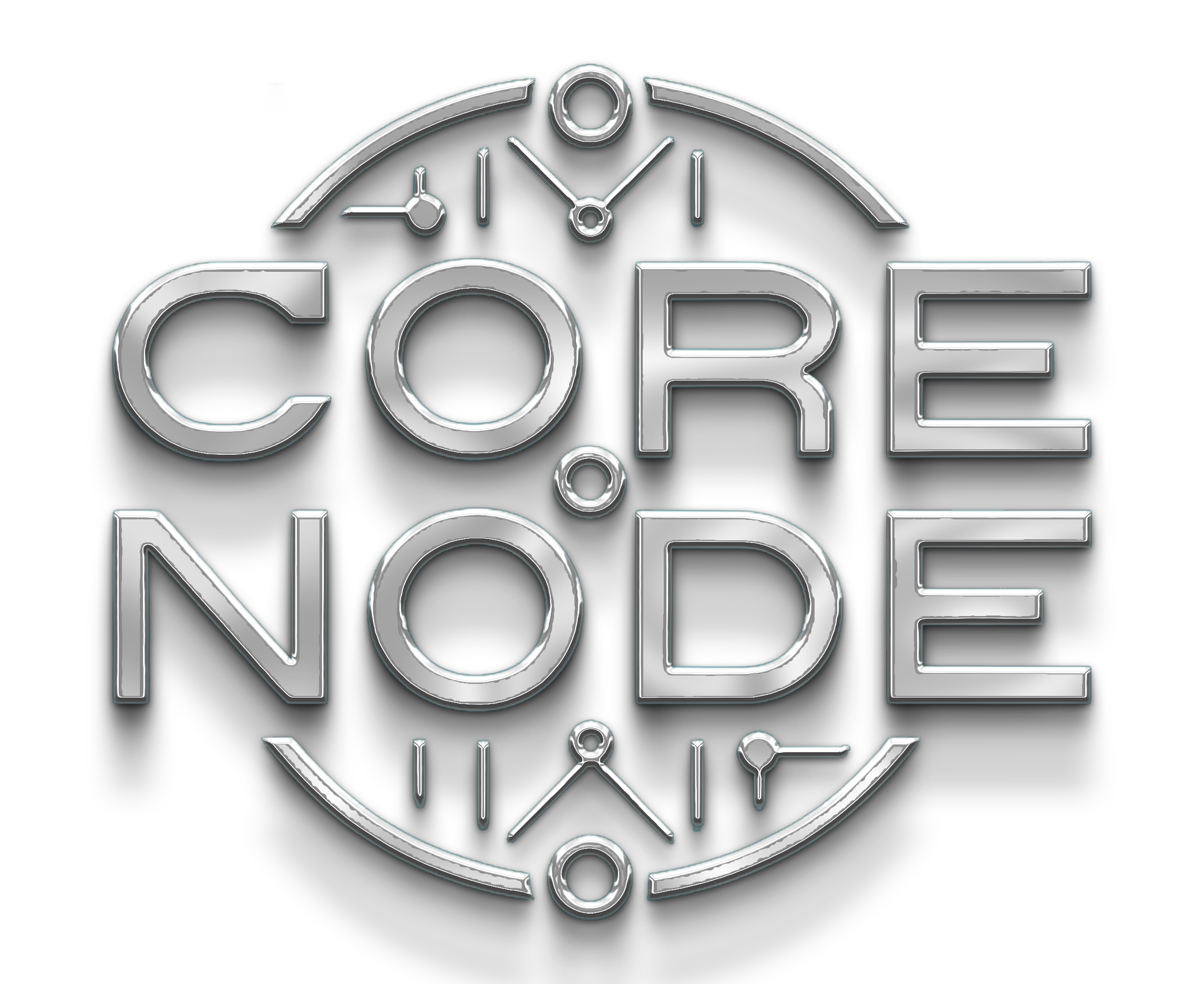UNDERSTANDING VALIDATOR NODES: THE BACKBONE OF BLOCKCHAIN NETWORKS

What Are Validator Nodes?
Validator nodes are specialized computers that participate in the consensus mechanism of a blockchain network. Unlike regular nodes that simply store and propagate blockchain data, validators are responsible for verifying transactions, creating new blocks, and maintaining the integrity of the blockchain.
In Proof of Stake (PoS) networks, validators replace the miners found in Proof of Work systems. Instead of competing to solve complex mathematical puzzles, validators are selected to create new blocks based on the amount of cryptocurrency they have "staked" or locked up as collateral.
The Critical Functions of Validator Nodes
1. Transaction Validation
Validators are responsible for checking that all transactions follow the network's rules. They verify digital signatures, ensure accounts have sufficient balances, and confirm that the transaction format is correct.
2. Block Production
When selected by the network's consensus algorithm, validators create new blocks containing verified transactions. This process extends the blockchain and creates an immutable record of all network activity.
3. Consensus Participation
Validators work together to reach agreement on the state of the blockchain. Different networks use various consensus mechanisms, such as Tendermint BFT in Cosmos-based chains, Ouroboros in Cardano, or LMD-GHOST in Ethereum 2.0.
4. Network Security
By staking their own assets, validators have a financial incentive to act honestly. Malicious behavior can result in "slashing" - the partial or complete loss of their staked funds.
Validator Economics
Validators earn rewards for their service to the network. These rewards typically come from:
- Block rewards: New tokens created with each block
- Transaction fees: Paid by users to have their transactions included in blocks
- Inflation: Some networks distribute a portion of inflation to validators
Validators often share these rewards with delegators - token holders who "delegate" their stake to a validator without running node infrastructure themselves. The validator typically keeps a percentage (commission) of the rewards.
Technical Requirements for Running a Validator
Operating a validator node requires:
- Reliable hardware with sufficient CPU, RAM, and storage
- High-bandwidth internet connection with minimal downtime
- Security measures to protect against attacks
- Technical knowledge to maintain and update the node software
- Monitoring systems to ensure continuous operation
Requirements vary significantly between networks. Some blockchains can run on modest hardware, while others demand enterprise-grade servers.
The Future of Validation
As blockchain technology evolves, we're seeing several trends in validation:
- Increased focus on energy efficiency compared to Proof of Work
- Development of more sophisticated slashing conditions to prevent attacks
- Implementation of threshold cryptography for improved security
- Exploration of new consensus mechanisms that balance security, decentralization, and scalability
Validator nodes will continue to be the backbone of blockchain networks, ensuring their security, decentralization, and proper functioning. As the technology matures, we can expect validation to become more efficient, secure, and accessible.
AUTHOR

Alex Validator
Blockchain Researcher



